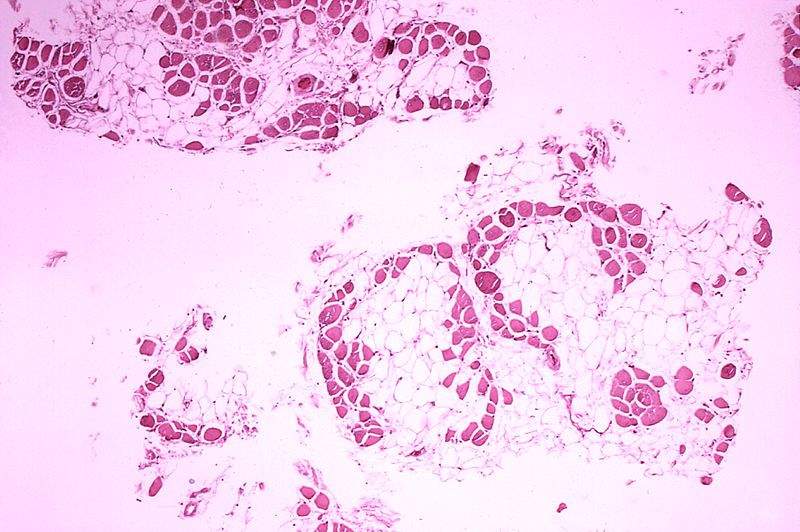
Catabasis Pharmaceuticals has initiated a Phase lll PolarisDMD trial to evaluate the efficacy and safety of edasalonexent for the treatment of patients with Duchenne muscular dystrophy (DMD).
The one-year, randomised, double-blind, placebo-controlled trial is also expected to support an application for commercial registration of edasalonexent.

Discover B2B Marketing That Performs
Combine business intelligence and editorial excellence to reach engaged professionals across 36 leading media platforms.
It intends to enrol around 125 patients between the ages of four and seven who have not been on steroids for at least six months, irrespective of mutation type.
The trial’s primary efficacy endpoint is the change in the North Star Ambulatory Assessment score after 12 months of treatment with edasalonexent compared to placebo, while the key secondary endpoints comprise the age-appropriate timed function tests time to stand, four-stair climb and 10m walk/run.
During the course of the trial, two boys will be treated with 100mg/kg/day of edasalonexent for each boy that receives placebo after 12 months, and all enrolled patients are expected to receive edasalonexent in an open-label extension.
Top-line results from the PolarisDMD trial are scheduled to be released by the second quarter of 2020.

US Tariffs are shifting - will you react or anticipate?
Don’t let policy changes catch you off guard. Stay proactive with real-time data and expert analysis.
By GlobalDataParent Project Muscular Dystrophy founding president and CEO Pat Furlong said: “PPMD has conducted preference studies of those impacted by Duchenne to understand what is most important for novel therapies.
“Families responded that their highest priority is to stop or even slow disease progression and maintain muscle function.”
Edasalonexent is currently under development as an oral small molecule that could be the new standard of care for patients affected by DMD, a severe type of muscular dystrophy that usually occurs in boys around the age of four and causes them to deteriorate quickly.





